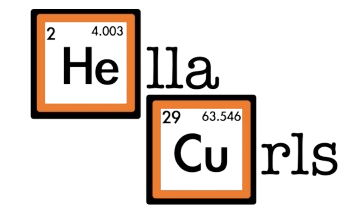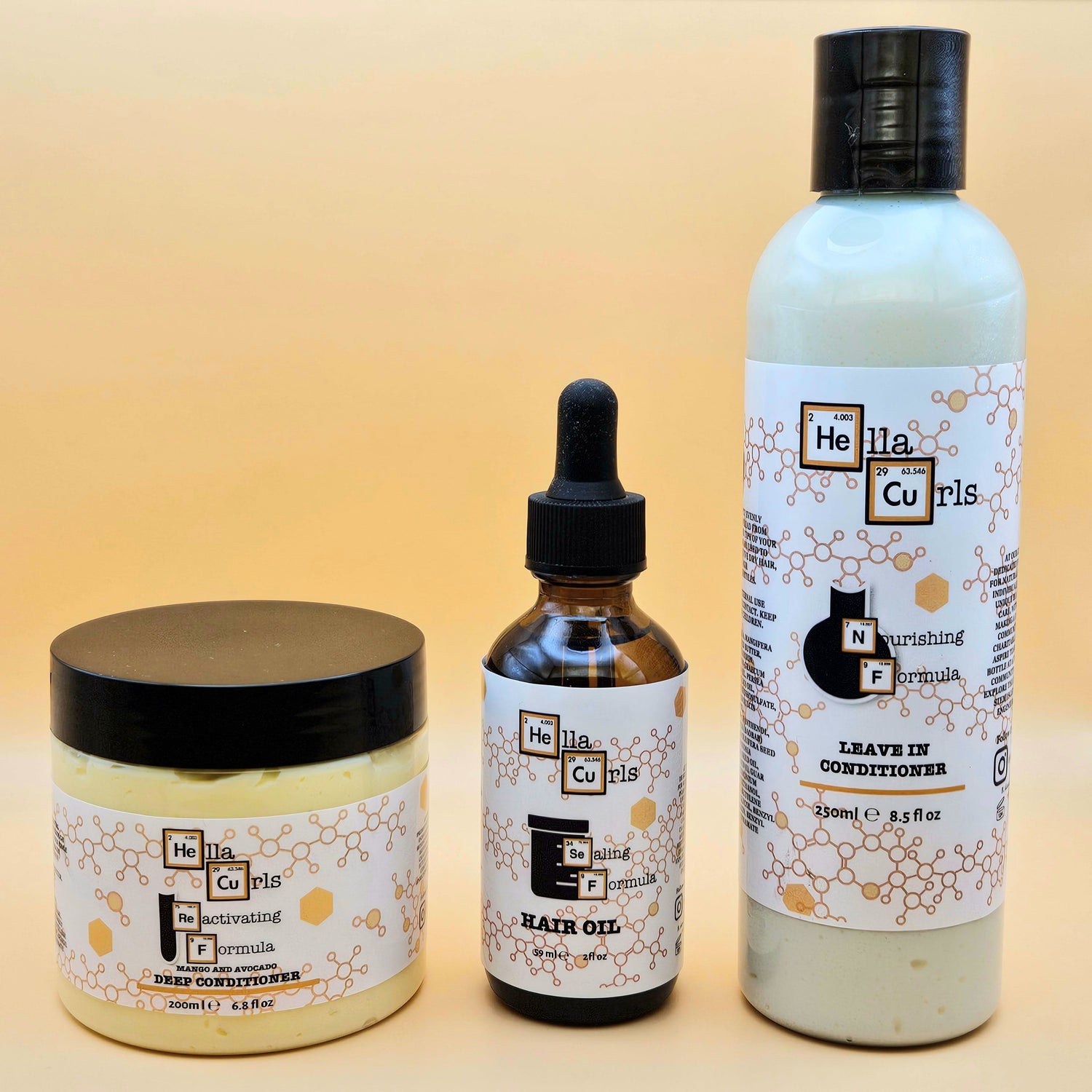Recent studies show that hair strands can absorb up to 30% more moisture when exposed to controlled steam treatment compared to regular conditioning methods. As someone who's extensively researched and experimented with various hair treatments, I can tell you that steaming isn't just another trendy practice—it's a game-changer for specific hair types and concerns.
The Science Behind Steaming
Heat opens the hair cuticle. Steam, being a gentler form of heat, lifts these tiny scales without causing damage. This process allows deeper penetration of your hair products, leading to better absorption of nutrients and moisture.
Who Really Needs Hair Steaming?
Not everyone needs to steam their hair. However, it's particularly beneficial for:
- Low porosity hair types
- Highly textured hair (3A-4C)
- Chemically processed hair
- Moisture-resistant strands
- Dry, brittle hair
The Real Benefits
Let's break down what steaming actually does:
1. Enhances product absorption
2. Increases hair elasticity
3. Reduces breakage
4. Improves blood circulation in the scalp
5. Helps with product distribution
But here's the catch—overdoing it can cause more harm than good.
The Perfect Steaming Protocol
Frequency matters enormously. Here's what I recommend:
- Fine hair: Once every 2-3 weeks
- Medium hair: Once every 2 weeks
- Thick/coarse hair: Weekly
- Damaged hair: Every 10-14 days
Duration is crucial. Never exceed 20-30 minutes, regardless of your hair type.
Proper Steaming Technique
First, cleanse your hair thoroughly. Apply your chosen deep conditioner or treatment. Then:
1. Section your hair properly
2. Maintain consistent distance from the steamer
3. Keep temperature moderate
4. Use a timer—don't rely on guesswork
Common Steaming Mistakes
Avoid these pitfalls:
- Steaming dirty hair
- Excessive heat settings
- Too frequent sessions
- Staying under too long
- Using no product while steaming
When to Skip Steaming
Some conditions warrant avoiding steam:
- Recent chemical treatments
- Scalp infections
- Extremely damaged hair
- Fresh colour treatments (wait 2 weeks)
Alternatives to Traditional Steaming
If steaming isn't for you, consider:
- Warm towel method
- Shower steam
- Heat caps
- Deep conditioning with body heat
Measuring Results
Track these indicators:
- Moisture retention
- Hair elasticity
- Product absorption
- Overall manageability
- Breakage reduction
Professional Insights
Trichologists agree that steaming can be beneficial but emphasize moderation. Your hair's porosity level should guide your steaming routine. Regular steaming needn't be a permanent fixture in your hair care routine—adjust based on your hair's changing needs.
The Bottom Line
Hair steaming isn't necessary for everyone, but it can be transformative for the right hair types. Listen to your hair's needs. Start with less frequent sessions and adjust based on results. Remember, healthy hair practices are about consistency, not intensity.





